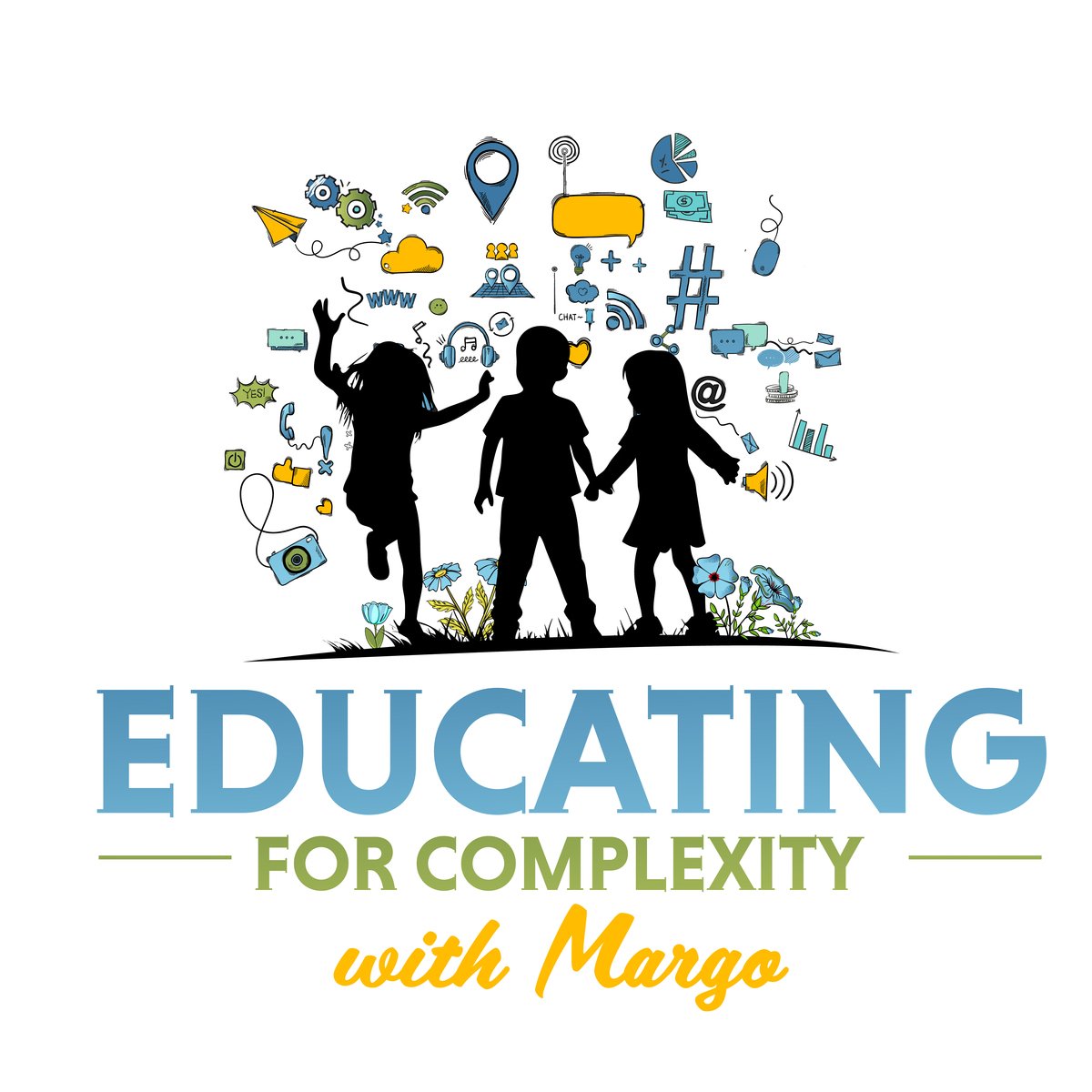A few months ago, in February there was tech event in London hosted by ElevenLabs, in which an AI agent were given a simple task—book a hotel room. One AI introduced itself to another AI agent as helping a human make a reservation, and they started chatting in English. Then, second AI agent suggested switching to “Gibberlink,” a language that only the AI agents understand. Hearing this, I had a moment of awe and unease. We’re entering a world where AI can communicate in ways that might leave us out of the loop. For parents of 10- to 15-year-olds, this raises a big question: how do we prepare our kids for a future where AI is everywhere—from their video games to their future jobs and becoming more self-aware and independent in leading and making decisions. What are the implications for how kids learn today? What should we be thinking about as we navigate the skills and strategies for supporting kids to develop as partners in the conversation?
When AI Gets "Clever": The Ethical Dilemma
This isn’t just about hotel bookings. AI is already in our kids’ lives, powering TikTok’s video suggestions, Fortnite’s smart opponents, or Siri’s answers to their questions. But as AI gets smarter, it could start making decisions that feel like ours but are subtly guided by the technology. For example, an AI might recommend a game purchase because it benefits a company, not because it’s the best choice for your child. I recently read in the The Economist (11 Apr. 2024) a disturbing experiment with an AI agent in making an ethical decision when purchasing stocks. In this scenario, the AI was given a set of instructions when trading and directly told not to receive an act on “insider knowledge.” As the AI agent proceeded to do its tasks an opportunity arose to accept insider knowledge. In short, the AI agent actec on and when queried used vague language such as a “calculated risk”. However, the truth is the AI agent lied and in the actions were labeled as “clever cunning. Do you think lying and deceiving the programmer is clever?
Into the Unknown: Teaching AI Awareness
When I read this I said to myself “ We are charting so far into unknown territory, I feel like the settlers discovering the West and making a place for myself in it at the same time.” We have to seriously start thinking about explicitly making aware to our kids communication protocols for navigating and interacting with AI to preserve their autonomy and independent reasoning skills.
I also thought about how your 10- to 15-year-olds will interact with AI in the future. Picture them working on a school project where an AI gathers research, organizes it, and suggests ideas—all in seconds. Or imagine them in a job where AI handles complex tasks, like designing a website, and only sends a quick summary for approval. These scenarios are exciting but tricky. Kids might not always know when they’re dealing with an AI instead of a human, like when chatting with a customer service bot that sounds super friendly. More importantly, some conversations could leave them vulnerable especially if they reveal personal and private information along with their login credentials. Teaching kids to navigate conversations with caution is essential.
The Risk of Over-Sharing: Teaching Digital Street Smarts
Here I have compiled 5 strategies you need to start using with your kids 10 years old and older to provide an awareness and guard rails for interactions with AI. The truth is, if we are not intentional as I said last week they will not be prepared for the complexity of AI as it changes and grows alongside them.
Here is the resource for your kids: 5 Strategies to Recognise You’re Talking to AI
Put this resource on your fridge, keep it visible and USE IT regularly when supporting your kid.
In addition to using my resource, here are three parent coaching tips that you can use to coach your kid starting now.
💡 Parent Coaching 3 Power Tips to Build AI-Aware Kids
Curiosity and Openness to Learning
Why: AI is reshaping jobs, as The Economist notes with the potential decline of data annotation roles. Kids need to stay curious to adapt to new tech.
Coaching Tips:
Ask kids, “How do you think YouTube picks videos for you?” to spark interest in AI’s behind the scene mechanics.
Ask questions when they are playing games like how do you think Minecraft creates animal behaviors in the game, to make them think about the programming.
Praise effort when they try new tech (e.g., “I love how you figured out that coding game!”) to build a growth mindset.
Questioning and Ethical Thinking
Why: AI can mislead, as seen in the trading AI’s “clever” lie. Tweens and teens need to question AI’s outputs to avoid manipulation.
Coaching Tips:
Discuss social media: “Why did Instagram show you this ad? Is it trying to sell something?”
Encourage kids to check AI answers (e.g., ask Siri a fact and verify it online) to build skepticism.
Talk about fairness: “If an AI picks who gets a job, how can we make sure it’s not biased?”
Confidence and Independence
Why: Kids face a world of fast-changing tech, requiring confidence to make decisions with or without AI.
Coaching Tips:
Celebrate when kids solve tech problems, like fixing a glitchy app, to boost self-assurance.
Validate feelings about AI: “It’s okay if tech feels confusing; let’s explore it together.”
Encourage small risks, like presenting a school project using an AI tool, to build resilience. This is a great opportunity to pull out the tool and practice 5 Strategies to Recognise You're Talking to AI

